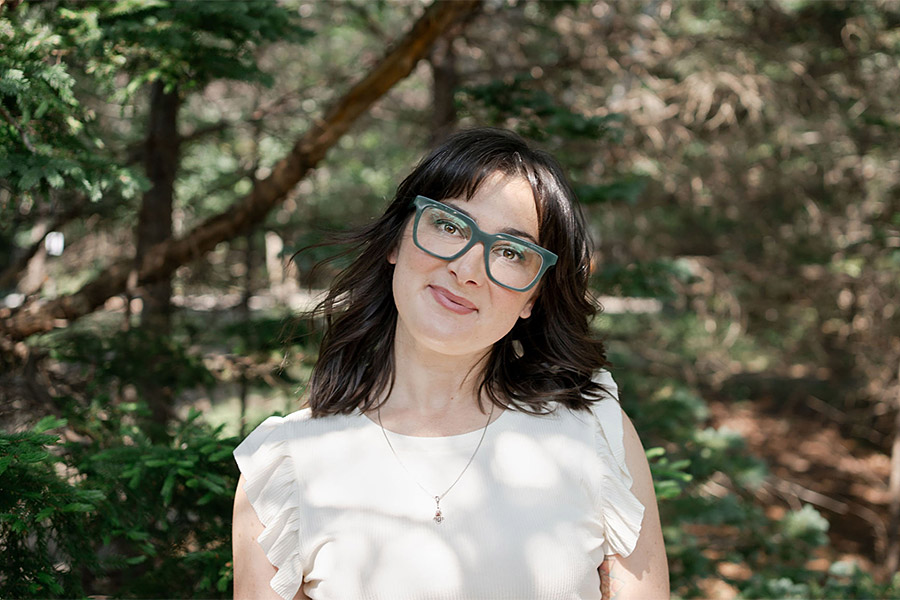 Do you live in Nova Scotia and feel “stuck” in your career? Or feeling unsure about how to move forward with your professional or academic life? You’ve talked to your friends, family, and partner and still have no idea what to do? Whether you’re a student or about to retire, getting that unbiased feedback from a professional career counsellor can be helpful because of the emotional and practical support you need in navigating the next steps. Here are 3 tips on finding the right career counsellor for you!
Do you live in Nova Scotia and feel “stuck” in your career? Or feeling unsure about how to move forward with your professional or academic life? You’ve talked to your friends, family, and partner and still have no idea what to do? Whether you’re a student or about to retire, getting that unbiased feedback from a professional career counsellor can be helpful because of the emotional and practical support you need in navigating the next steps. Here are 3 tips on finding the right career counsellor for you!
1) FIND A LICENSED THERAPIST WHO SPECIALIZES IN CAREER
Finding a career counsellor who is licensed as a Registered Counselling Therapist (RCT) or Canadian Certified Counsellor (CCC), is important because your health benefits will often cover their services. They are also trained to help you navigate the emotional resolve you may need when discussing your career & life experience. Career psychology is a complex issue so it’s vital to talk to someone who is empathetic and trained to provide a safe space, think critically, and offer practical strategies for navigating career challenges.
2) CONNECT WITH A LOCAL PROFESSIONAL
Finding a career counsellor in the Maritimes who understands the career landscape in Atlantic Canada is a major benefit. For example, Halifax has a military culture, is very LGBTQ+-friendly and has six universities and a research hospital. The city is a hub for professionals growing in the healthcare and education sectors, not to mention the growing arts scene and the number of newcomers from around the world. Canada Career Counselling has offices across the country and has recently expanded to Nova Scotia to provide career counselling to the East Coast.
3) FIND THE RIGHT FIT
Finding a career counsellor you like and who you feel “gets” you, is also key. Take advantage of those free 15-minute consult calls to work out if the counsellor is a good fit for you before committing to a full session. Not everyone’s approach and personality will appeal to you, and research shows that having a positive relationship with your counsellor or therapist does positively impact how you feel about the counselling process and the overall outcome.






